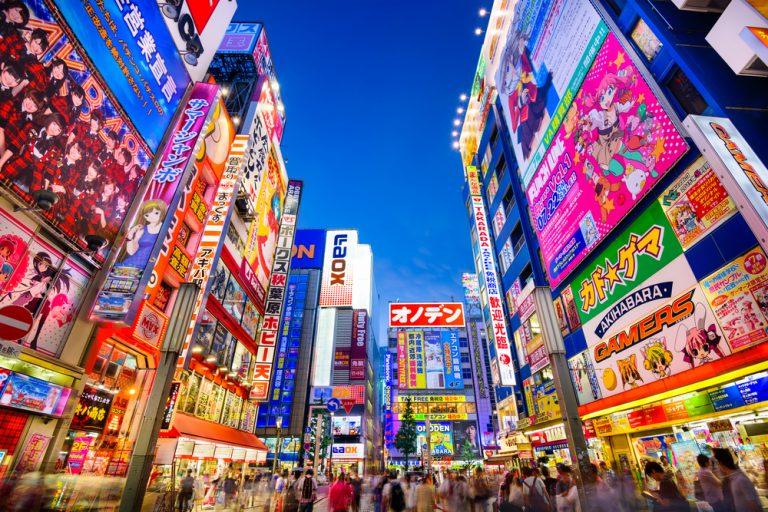
Japan and the European Union have just signed one of the world’s biggest free trade deals, sending a clear message to the US.
The move, which has been described by leaders as a “light in the darkness” of global political uncertainty, is in contrast to the steep import tariffs imposed by Donald Trump.
“[The] impact of today’s agreement goes far beyond our shores. Together we are a making, by signing this agreement, a statement about the future of free and fair trade,” said Jean-Claude Juncker, the head of the EU Commission.
“We are showing that we are stronger and better off when we work together. And we are leading by example, showing that trade is about more than tariffs and barriers. It is about values, principles and finding win-win solutions for all those concerned.”
The free trade deal will eliminate any tariffs on the products traded between Japan and the EU.
One of Japan’s biggest imports from the UK are dairy goods, whilst it’s biggest exports are cars.
EU leader Donald Tusk, who is particularly critical of the Trump administration, was pleased to announce the news of the deal between the EU and Japan.
“Politically, it’s a light in the increasing darkness of international politics. We are sending a clear message that you can count on us. We are predictable – both Japan and [the] EU – predictable and responsible and will come to the defence of a world order based on rules, freedom and transparency and common sense. And this political dimension is even more visible today, tomorrow, than two months ago and I am absolutely sure you know what I mean.”
“Let me say that today is a good day not only for all the Japanese and Europeans but for all reasonable people of this world who believe in mutual respect and cooperation …We are putting in place the largest bilateral trade deal ever. This is an act of enormous strategic importance for the rules-based international order, at a time when some are questioning this order,” he added.
The deal is one of the biggest in the world and covers almost a third of the world’s GDP and 600 million people.
